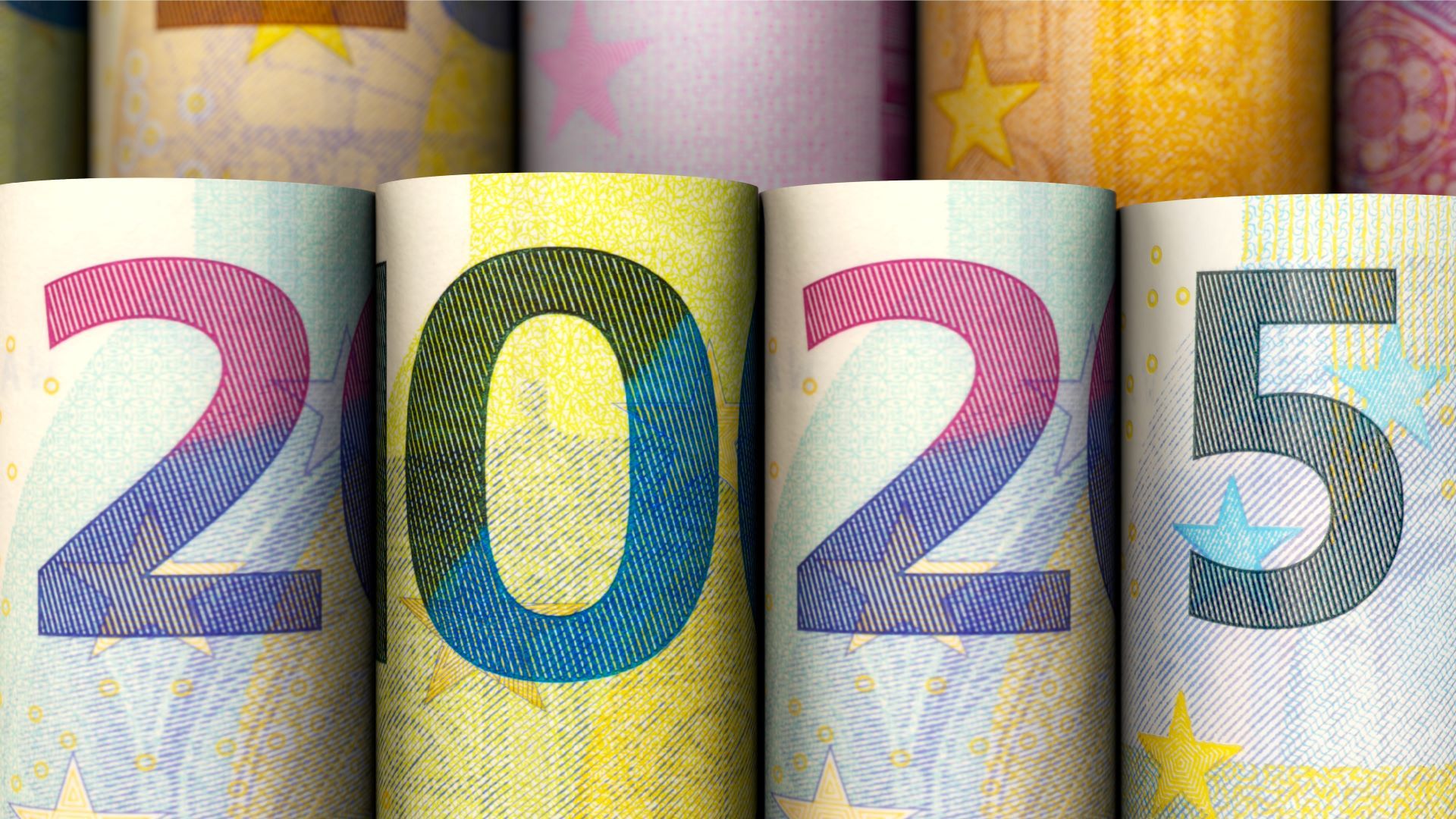At €200bn, EU budget 2025 is 6% bigger than this year’s, meaning a €10bn increase. It responds to the needs of Europeans while being able to pay back for the post-pandemic economic recovery of the Union without cutting the key programmes.
If you live anywhere across the EU, this article is relevant to you as it concerns the roughly €200bn I had the privilege of negotiating on your behalf, your region, and your member state in the EU budget for 2025.
It has been a marathon stretching back to this spring
It started with the European Commission putting on the table a draft proposal for an annual budget. Since then, both we in the European Parliament and the member states in the Council have elaborated our positions. The Council has proposed a net cut in commitments amounting to €1.5bn, including for Horizon Europe by €400m, the Digital strand of the Connecting Europe Facility (CEF-Digital) by €110m, InvestEU by €30.7m, Erasmus by €294.8m and the Citizens, Equality, Rights and Values (CERV) programme by €33.7m. This all culminated in a late-night (or early morning, the negotiations went on until 4am) conciliation meeting a few days ago, where I led the negotiating team on behalf of the European Parliament and reached an agreement with the member states in the Council of the EU. Amid an extremely difficult political context, we achieved remarkable success – EU budget 2025 will be 6% higher than the current annual budget, meaning a €10bn increase. We preserved our programmes and ensured that our debt repayment is not to the detriment of our Union programmes. The political agreement now needs to be approved by the plenary in Strasbourg next week.
Why does the EU annual budget matter?
Because without secure funding for every single EU policy, all commitments are doomed to remain mere wishful thinking. All the time I and my political group – the Socialists and Democrats – thought of the EU budget 2025 as an investment instrument. Not just in measures and infrastructure that will drive our economy and EU competitiveness, your well-being and the security of us all, but also in funding our recovery from the Covid-19 pandemic. With the creation of Next Generation EU (NGEU), the EU demonstrated that we respond better and quicker to facing challenges when the 27 member states act together in a coordinated manner instead of leaving the national governments alone in tackling a crisis.
I am happy the political agreement we made includes a solution for financing the repayment costs without cutting essential programmes like Erasmus+ or those for research and development, contrary to the initial idea of the member states. Together with the Socialists and Democrats, we insisted on the use of the so-called ‘EURI cascade mechanism’ introduced in the revision of the current EU pluriannual budget for the period 2021-2027. This ‘cascade mechanism’ is designed to manage escalating borrowing costs on the international markets without affecting initiatives and programmes of the Union of utmost importance for our citizens and business while maintaining the EU budget’s flexibility and response capacity.
200 billion euros – is this a large sum?
For people who don’t work on budget issues, this number really does seem colossal. Yet, we have got to put things into perspective and so we see that the devil is indeed in the details. On average, each of the annual budgets in the last couple of years varies between €160 and €180 billion. This is comparable to the national budget of Denmark, which serves 5.6 million people. The total population of the EU is around 450 million people. The number of priorities we have to fund with the €200bn next year is also impressive: research and innovation, health, education, youth, agriculture, regional development, defence and security, migration management and asylum support, aid to communities affected by natural disasters, the full extension of the Schengen area to Romania and Bulgaria, helping our neighbours on their path to the EU.
EU budget to the rescue of regions hit by natural disasters
The final stage of negotiations coincided with the disastrous floods in Valencia, which once again demonstrated the devastating impact of climate change on human life. Unfortunately, this is no news. We saw it in Romania and Central Europe with the floods and we see it with the wildfires across Southern Europe every summer. €3bn will be available to provide support for regions affected by natural disasters with the option for member states to use up to 10% of existing Cohesion Policy funds to prevent and recover from such disasters.
Talking about numbers....
In general, the European Commission’s proposal was a good starting point. My ambition was to improve it and adapt it to your needs. Thus, on top of the Commission’s proposal (the so-called Draft Budget and Amending Letter), I managed to add:
- €422m more for education and young people (Erasmus+) (total €4.3bn);
- €45m more for research, innovation and health (Horizon Europe – Cluster Health, European Innovation Council, European Research Council, Marie Sklodowska-Curie Actions) (total €12.7bn in addition to the European Research Council);
- €30m more for agriculture, in particular for young farmers (total €39.9bn for the European Agriculture Guarantee Fund);
- €5m more for nature, biodiversity and climate action (LIFE programme) (total €776m);
- €10m more for management of the EU external borders, in particular for Schengen enlargement with Romania and Bulgaria (total €1.2bn) and €2m more for our policy on asylum and migration (total €1.8bn);
- €6m more for military mobility (total €252m);
- €50m more for humanitarian aid due to global crises and climate emergencies (total €1.8bn).
In times of increasing uncertainty – and the populism that feeds off this – Europeans need tangible results to maintain trust that the EU works for them. All these long hours of negotiations have been worth it, and I am confident that the agreement on EU budget 2025 will get the final green light by the European Parliament’s plenary in Strasbourg next week.
Victor Negrescu is Vice-President of the European Parliament, Romanian member of the Group of the Socialists and Democrats and leading negotiator of the EP on the EU budget 2025.












